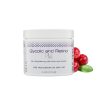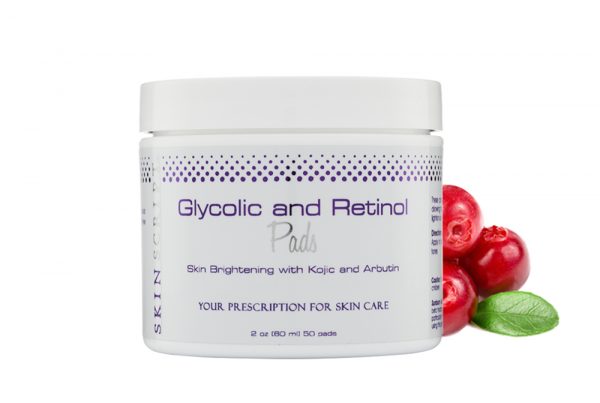What is Acne?
Acne is a skin condition characterized by the presence of pimples, blackheads, whiteheads, and often, inflammation. It can affect people of all ages and is usually associated with hormonal changes, excess oil production, and the presence of acne-causing bacteria on the skin.
The Quest for Clear Skin
Many individuals struggling with acne are on a quest to find products and treatments that can alleviate their condition and help them achieve clear, blemish-free skin. This has led to the exploration of various skincare ingredients, including hyaluronic acid.
What is Hyaluronic Acid?
Hyaluronic acid is a natural substance found in the body, primarily in the skin, joints, and eyes. It is known for its exceptional ability to retain moisture, which makes it a sought-after ingredient in skincare products.
Hyaluronic Acid in Skincare
In skincare, hyaluronic acid is used for its moisturizing and hydrating properties. It is often found in serums, creams, and moisturizers, where it helps to lock in moisture, leaving the skin plump and supple.
The Benefits of Hyaluronic Acid for Acne-Prone Skin
Hydration and Acne
One of the key benefits of hyaluronic acid is its ability to hydrate the skin without clogging pores. This is particularly important for individuals with acne, as some acne treatments can be drying and strip the skin of its natural moisture barrier.
Reduced Inflammation
Hyaluronic acid also possesses anti-inflammatory properties, which can be beneficial for those dealing with acne-related redness and swelling. By soothing irritated skin, it may contribute to a clearer complexion.
Scar Healing
For individuals with acne scars, hyaluronic acid may aid in the healing process. Its moisture-retaining properties can help improve the appearance of scars over time.
 How to Incorporate Hyaluronic Acid into Your Skincare Routine
How to Incorporate Hyaluronic Acid into Your Skincare Routine
Choosing the Right Products
When considering hyaluronic acid for acne-prone skin, opt for oil-free and non-comedogenic products. This ensures that the product won’t exacerbate acne issues.
Layering with Other Products
Hyaluronic acid can be used alongside other skincare products, such as salicylic acid or benzoyl peroxide, to create a well-rounded routine for acne management.
Considerations and Precautions
Patch Test
Before using any new skincare product containing hyaluronic acid, it’s essential to conduct a patch test to ensure it doesn’t trigger adverse reactions.
Consultation with a Dermatologist
For severe acne concerns, it’s advisable to consult a dermatologist who can provide personalized recommendations and treatments tailored to your skin type and condition.
Conclusion
In the pursuit of clear skin goals, hyaluronic acid can be a valuable addition to your skincare routine. Its hydrating, anti-inflammatory properties, and potential to aid in scar healing make it a versatile ingredient. However, individual responses to skincare products can vary, so it’s crucial to monitor how your skin reacts and seek professional advice when needed.
 5 6 1 . 8 1 0 . 0 5 5 5
5 6 1 . 8 1 0 . 0 5 5 5 







